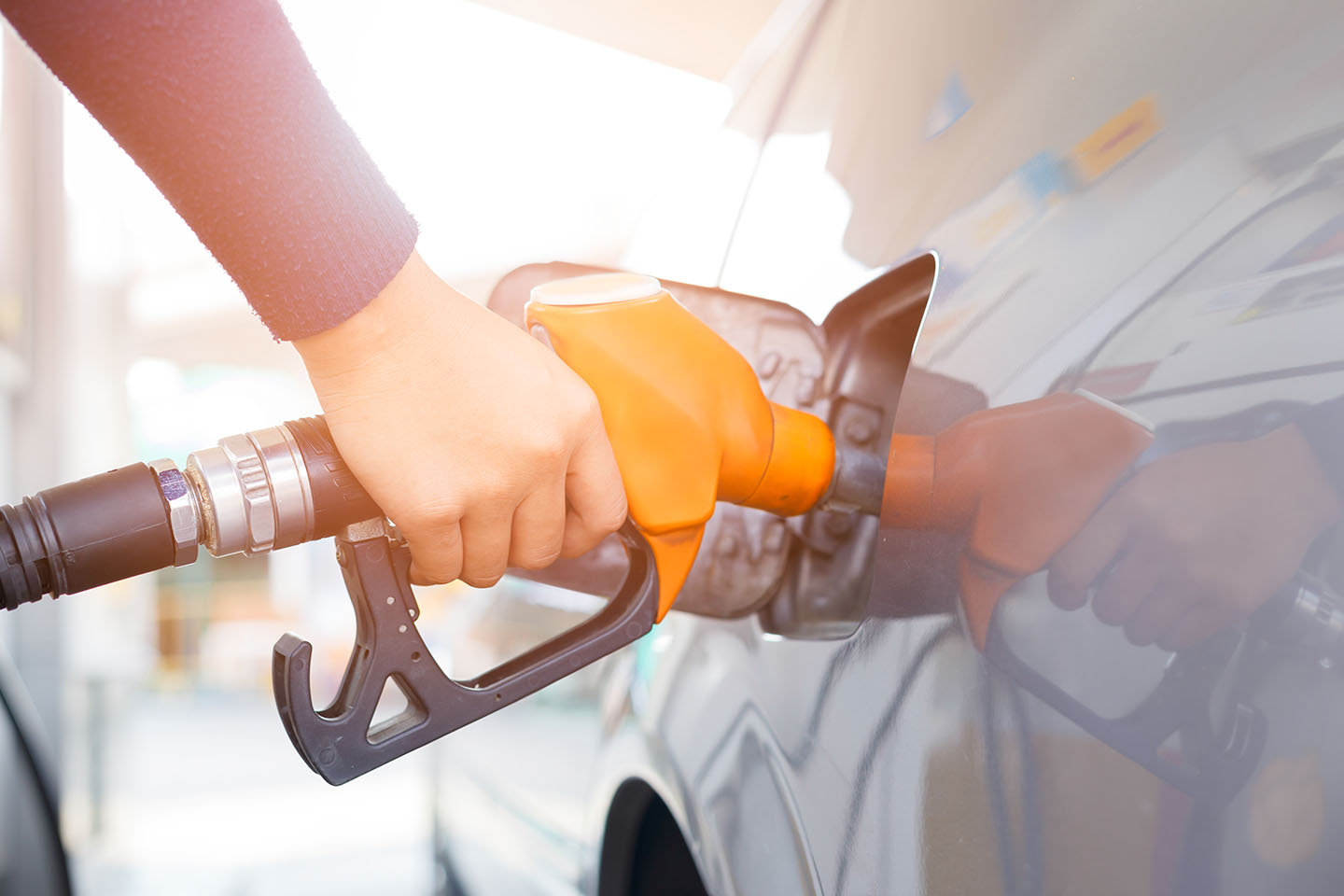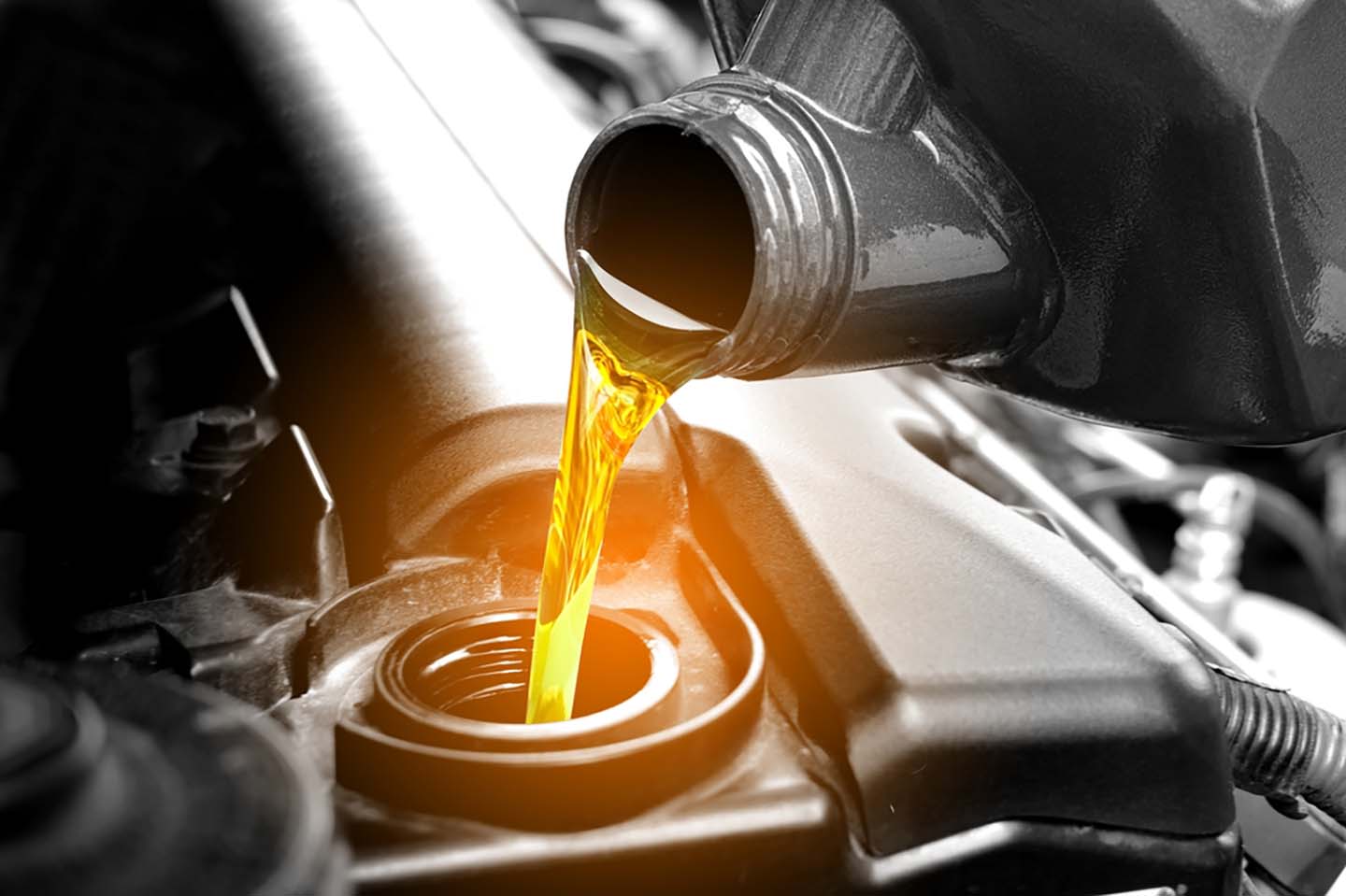Diesel vs Gas: All You Need to Know
May 26th 2023

Shutterstock.com / Phanat
There are two kinds of engines on the road: diesel and gas. All internal combustion vehicles use one or the other. But choosing between the two can have a big impact on how much you spend to get around. Both types of vehicles come with their pros and cons and the choice largely depends on where and how often you drive. Diesel engines are known for their longevity, fuel efficiency, and durability, while gas-powered engines are generally less expensive, but they won’t last as long. So, what are the differences between these two and how will they affect your budget? Learn all you need to know about diesel vs gas.
Both types of engines use internal combustion, which is when air and fuel burn in the combustion chamber. The mixture needs to be compressed before it can ignite. When the mixture combusts, it activates the crankshaft, which then turns the wheels, thus moving the vehicle forward. The air and fuel are released into the combustion chamber thousands of times every second. But the process looks different in each type of engine.
What Is Diesel?
A diesel engine runs on diesel fuel, which requires additional compression. A gasoline engine will compress fuel at a ratio of 8:1 to 12:1, while a diesel engine compresses at a ratio of 14:1 to as high as 25:1. The incoming air and fuel mixture also needs to reach the proper temperature to burn. Diesel engines use glow plugs to heat the incoming air and fuel, which can quickly reach over 1,000 degrees Fahrenheit. Compressing the fuel makes it more efficient. You can now find diesel cars that get up to 70 mpg or more.

Shutterstock.com / Me dia
The fuel injection process needs to be precise to maximize fuel efficiency. It all starts with the fuel injector pump, which pressurizes and injects the fuel into the combustion chamber. If the engine misfires or loses fuel efficiency, there could be a problem with the injection process and you may have to replace the fuel injector pump on older models. The fuel injectors inject the fuel directly into the combustion chamber. They are lubricated by large amounts of compressed oil that allow them to fire on command. You can replace the diesel fuel injectors as they age to improve engine performance.
Diesel engines are known for their durability and long life expectancy. They typically last anywhere from 1,000,000 to 1,500,000 miles when well maintained. They contain fewer parts than gasoline engines to help you save money on repairs. But preventative maintenance is still key. These machines need large amounts of high-quality oil to run properly, so make sure you change the oil and maintain your oil system over time. Without oil, the parts and components that drive the fuel would crack and leak, creating all kinds of issues under the hood.
You also need to protect your fuel system by changing the fuel filter regularly, and using high-quality diesel fuel, and additives when necessary to prevent gelling in the winter. Find out how often to change the fuel filter to keep your engine going strong. As sensitive as these engines can be, you can use the vehicle for decades on end by replacing broken parts and components when they fail instead of trading it in for a newer model. Shop for replacement fuel system parts online to save money on repairs. All diesel engines also use exhaust treatment methods to reduce NOx emissions that pollute the environment. These systems will need to be repaired as well to prevent the engine from overheating.
Browse Our Diesel Fuel System Parts

Shutterstock.com / Brian A Jackson
What Is Gas?
Gasoline engines also use internal combustion, but the process is simplified. They have spark plugs that ignite the air and fuel with a spark of electricity instead of heating it. This is often called self-ignition, which can lead to a loss of efficiency because it can lead to engine knocking. The exhaust usually doesn’t have to be treated before it is released into the atmosphere.
But these machines contain more parts than diesel engines, which increases the need for repairs. The car will also only last 200,000 miles on average, so you won’t get as much value for your investment. These vehicles also come with less towing capacity, but the issue tends to get murky when it comes to fuel efficiency. Diesel cars are more efficient on the highway compared to gas vehicles. So, choosing between the two largely depends on where you drive. If you stay in the city and don’t need to tow, a gas vehicle should serve you well. But if you want extra freedom and towing power, go with diesel.
